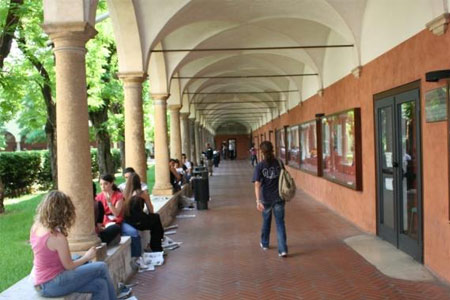- Didattica

Semestre filtro
Corsi di laurea
Corsi di laurea magistrale
POST LAUREA
- Facoltà
- Segreterie e sedi

Segreterie
Strutture
- Persone
- MY UNIVR
-
What can dystonia teach us about the basal ganglia? - Relatore: Dr. Terence Sanger - University of Southern, California.
Giovedì 4 luglio 2019 alle ore 12.00 - Aula C, Lente didattica-Borgo Roma, Verona
Biography
Dr. Sanger coordinates the Childhood Motor Study Group (CMSG) and the NIH Taskforce on Childhood Movement Disorders, and he is principal investigator on several research studies at USC. He runs the pediatric movement disorders clinic at Children’s Hospital of Los Angeles (CHLA) in the department of Neurology. His training includes background in Child Neurology, Electrical Engineering, Signal Processing, Control Theory, Neural Networks, and Computational Neuroscience.
https://viterbi.usc.edu/directory/faculty/Sanger/Terence
© 2002 - 2025
Verona University
Via dell'Artigliere 8, 37129 Verona |
P. I.V.A. 01541040232 |
C. FISCALE 93009870234